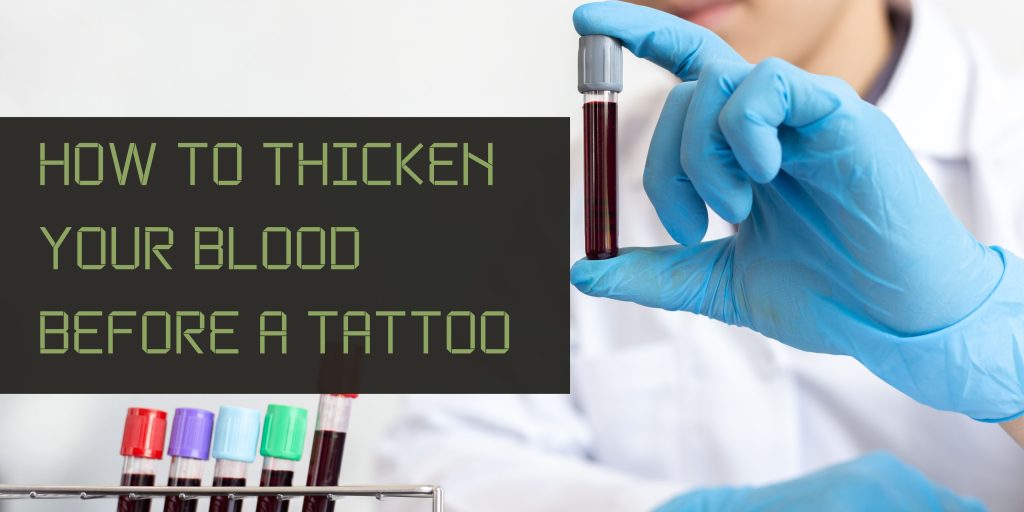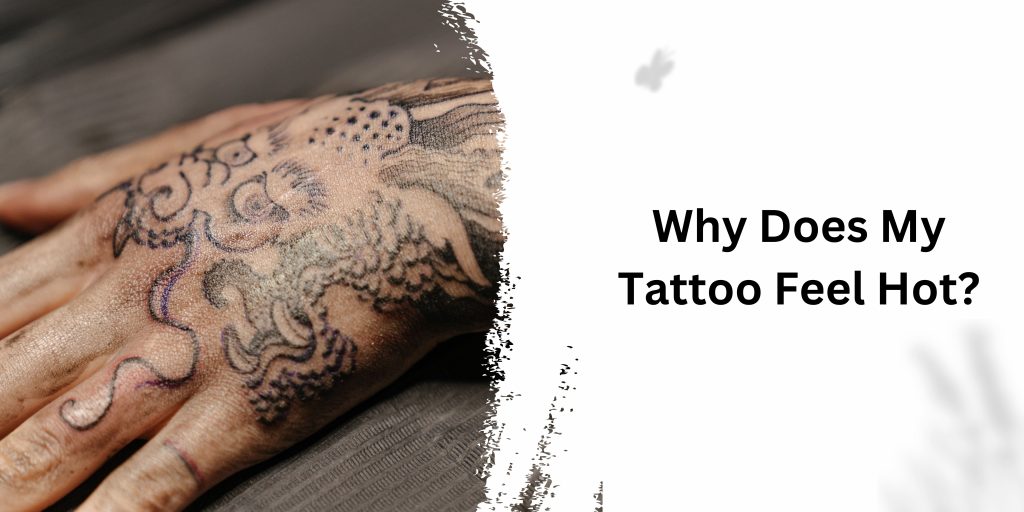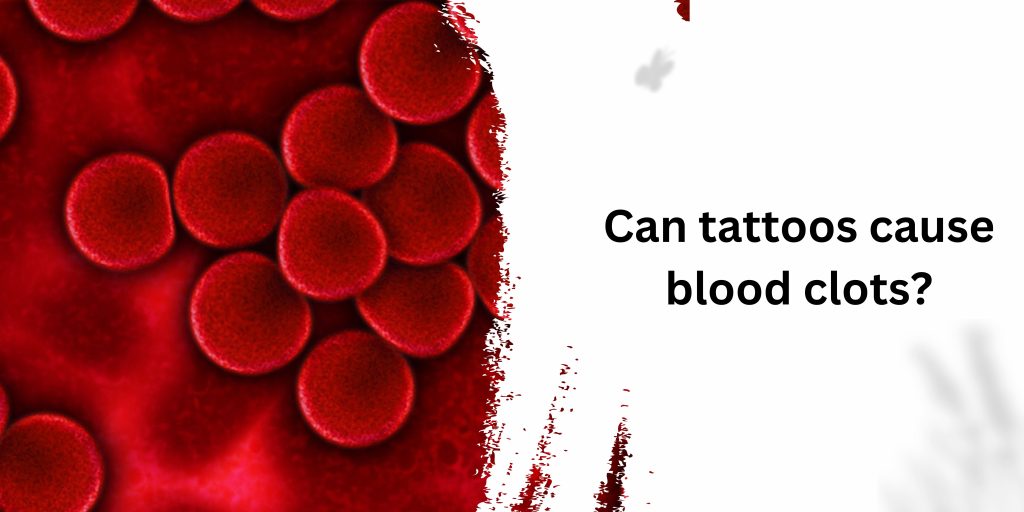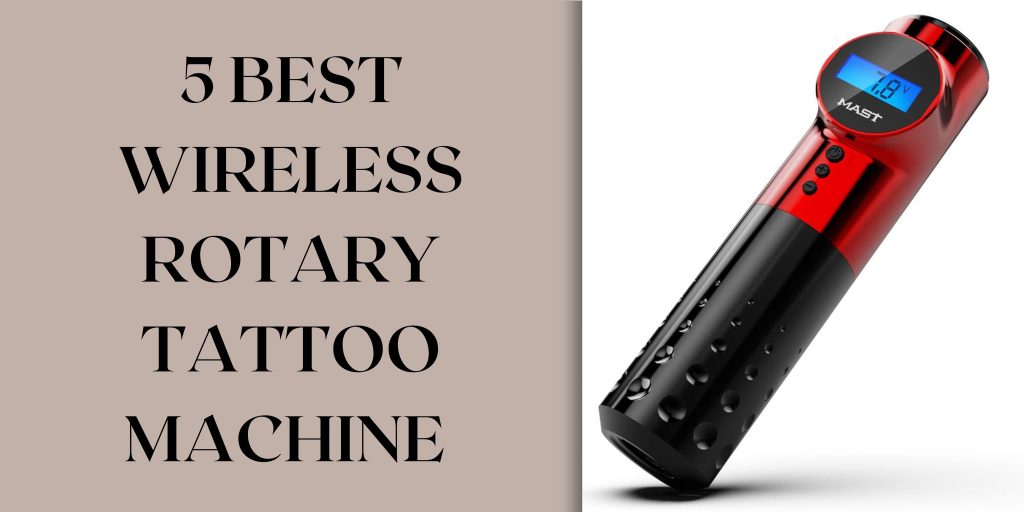You’re thinking about whether can you tattoo over a bruise. Well, hold on tight because there’s a lot more to it than meets the eye. While the idea might seem cool and all, there are some essential things you need to know before you go ahead with your artistic endeavour.
Potential Complications of Tattooing Over a Bruise
Tattooing over a bruise might sound like a convenient shortcut, but it comes with its own set of risks. You see, a bruise is essentially your body’s way of dealing with an injury. It’s a sign that your blood vessels beneath the skin have been damaged, leaving a visible mark. Now, adding a tattoo needle to the mix could potentially aggravate the situation.
Infection Risks and Bruise Complications
When you decide to ink over a bruise, you’re essentially introducing foreign substances into an already compromised area. This not only heightens the risk of infection but could also lead to prolonged healing times and unsightly scarring. Trust me; nobody wants a piece of art that comes with a side of infection or permanent damage.
Impact on Tattoo Quality and Longevity
Picture this: you get your dream tattoo, but because you decided to rush the process, it ends up looking less like a masterpiece and more like a blurry mess. Tattooing over a bruise can significantly affect the quality of your tattoo, making it less defined and potentially impacting its long-term appeal. You don’t want your pride and joy to fade into a vague memory, do you?
Read More: Can a Spine Tattoo Paralyze You
Understanding the Different Levels of Bruises
Bruises come in different shapes and sizes. Some are mere faint shadows of their former selves, while others resemble vivid artwork on your skin. It’s important to understand the severity of your bruise before considering adding more to the canvas.
Grading Bruises: Mild, Moderate, and Severe
Mild bruises are like gentle reminders of a recent bump or fall. They might appear as faint discolourations, not causing much discomfort. On the other hand, moderate bruises can pack a bit more punch, presenting with deeper colours and tenderness. Severe bruises, well, they’re a whole different ball game, often accompanied by intense pain and significant discolouration. Understanding where your bruise falls on this scale is crucial when it comes to making informed decisions about tattooing.
Seeking Expert Advice: Healthcare Professional Consultation
Before you dive into the world of tattooing, it’s always a good idea to consult a healthcare professional. They can provide valuable insights into the healing process of your bruise and offer guidance on whether it’s safe to go ahead with your tattoo plans. After all, your health should always be the number one priority, even when chasing after your tattoo dreams.
Read More: Does Witch Hazel Fade Tattoos?

Apply Ice:
As soon as you notice the bruise, applying an ice pack can help reduce swelling and minimize discolouration. Wrap the ice pack in a cloth and apply it to the affected area for 10-20 minutes at a time.
Elevation:
Elevating the bruised area above the heart can help reduce blood flow to the area, which in turn can minimize the size of the bruise and promote faster healing.
Compress the Area:
Using a compression bandage or wrap can help limit swelling and provide support to the affected area, allowing the bruise to heal more quickly.
Arnica Gel or Cream:
Applying arnica gel or cream to the bruise can help reduce inflammation and promote healing. Be sure to follow the instructions on the packaging for the appropriate usage.
Gentle Massage:
Massaging the area gently can help improve blood circulation, which aids in the removal of pooled blood under the skin, thereby speeding up the healing process.
Pain Relief Medication:
Over-the-counter pain relievers, such as ibuprofen or acetaminophen, can help alleviate any pain or discomfort associated with the bruise, allowing you to move more comfortably.
Vitamin K Cream:
Using a cream or ointment containing vitamin K can help speed up the healing of bruises. Vitamin K is known for its ability to promote blood clotting and reduce the appearance of bruises.
Healthy Diet:
Consuming a diet rich in vitamins and minerals, especially those promoting skin health such as vitamin C, vitamin E, and zinc, can help accelerate the healing process.
Protect the Bruised Area:
Avoid activities or movements that may further aggravate the bruise. Protect the area from additional injury to prevent the bruise from getting worse or delaying the healing process.
Stay Hydrated:
Drinking an adequate amount of water can help keep your body hydrated and promote overall skin health, aiding in the faster healing of bruises.
Read More: Is Bepanthen Good for Tattoos?
What Happens If You Tattoo Over A Bruise?
Tattooing over a bruise can have various consequences, potentially impacting both the appearance of the tattoo and the healing process of the bruise. Here’s what you need to know:

Compromised Tattoo Quality:
Tattooing over a bruise can lead to compromised tattoo quality. The presence of a bruise can affect the evenness of the skin surface, potentially causing the ink to spread unevenly. This can result in a blurred or distorted tattoo, diminishing the sharpness and clarity of the design.
Risk of Infection:
Tattooing over a bruise increases the risk of infection. The skin is already compromised due to the bruising, and the tattooing process introduces foreign substances into the damaged area, making it more susceptible to bacterial contamination. This can lead to prolonged healing times, scarring, or even severe infections if proper aftercare is not followed.
Prolonged Healing Time:
The combination of a tattoo and a bruise can lead to prolonged healing times. The body’s natural healing process might be compromised, as it is already working to heal the damaged blood vessels that caused the bruise. This can result in a longer recovery period for both the bruise and the tattoo, potentially leading to a delayed and more challenging healing process overall.
Increased Pain and Discomfort:
Tattooing over a bruise can amplify the pain and discomfort associated with the tattooing process. The damaged blood vessels and heightened sensitivity in the bruised area can make the tattooing experience more painful than usual, potentially causing increased discomfort and irritation during and after the procedure.
Poor Tattoo Longevity:
Tattooing over a bruise can affect the longevity of the tattoo. The compromised skin condition can lead to poor ink retention, causing the tattoo to fade more quickly than it would on healthy, unblemished skin. This can result in the need for more frequent touch-ups and a shorter lifespan for the tattoo overall.







